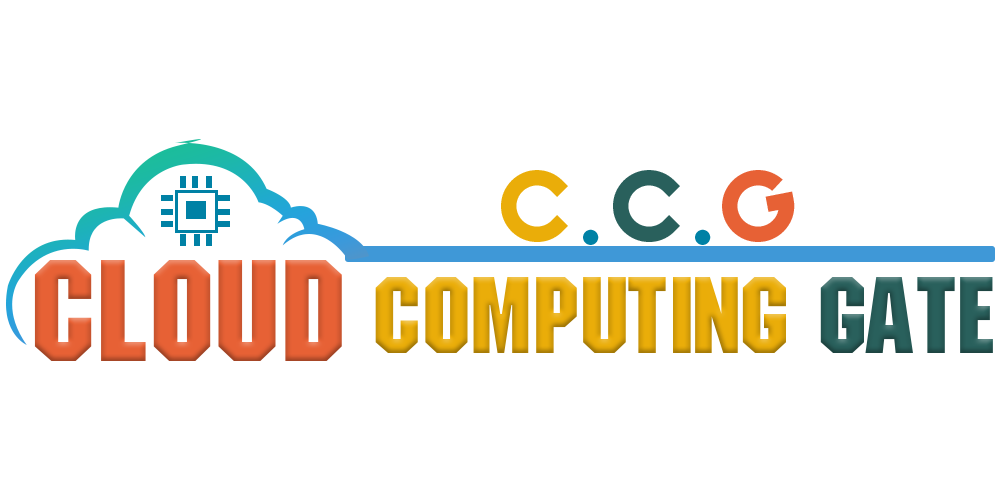Cloud Computing Meaning
Unraveling the Essence of Cloud Computing: A Comprehensive Exploration
Cloud computing has emerged as a transformative force in the realm of technology, reshaping the way businesses operate and individuals interact with digital services. This paradigm shift has revolutionized the traditional model of computing, introducing unprecedented flexibility, scalability, and accessibility. In this article, we delve into the intricacies of cloud computing, unraveling its meaning, key components, deployment models, and the profound impact it has on various sectors.
Cloud Computing Meaning
Cloud Computing Meaning
At its core, cloud computing refers to the delivery of computing services—ranging from storage and processing power to applications and software—over the internet. Unlike the conventional model of relying on physical infrastructure or local servers, cloud computing enables users to access and utilize computing resources remotely through a network of servers hosted on the internet. This decentralized approach eliminates the need for organizations or individuals to invest heavily in on-premise hardware and infrastructure.
Cloud Computing Meaning
Key Components of Cloud Computing:
- Infrastructure as a Service (IaaS):
- IaaS provides virtualized computing resources over the internet. This includes virtual machines, storage, and networking capabilities, allowing users to scale their infrastructure dynamically based on demand.
- Platform as a Service (PaaS):
- PaaS offers a platform that enables users to develop, run, and manage applications without dealing with the complexities of infrastructure management. It provides tools and services to streamline the application development process.
- Software as a Service (SaaS):
- SaaS delivers software applications over the internet, eliminating the need for users to install, maintain, or update the software locally. Examples include web-based email services, office productivity suites, and customer relationship management (CRM) tools.
Cloud Computing Meaning
Deployment Models:
Cloud computing offers various deployment models, each catering to specific needs and preferences:
- Public Cloud:
- Services and resources are owned and operated by a third-party cloud service provider, making them available to the general public. It offers scalability and cost-effectiveness but may raise concerns about data security.
- Private Cloud:
- A private cloud is dedicated to a single organization and is either hosted on-premises or by a third-party provider. It provides enhanced control, security, and customization but may incur higher costs.
- Hybrid Cloud:
- Combining elements of both public and private clouds, the hybrid cloud allows data and applications to be shared between them. This model offers flexibility, allowing organizations to leverage the benefits of both environments.
- Community Cloud:
- Shared by multiple organizations with common concerns (e.g., security and compliance), a community cloud provides a collaborative platform. It offers a balance between customization and cost-sharing.
Cloud Computing Meaning
Advantages of Cloud Computing:
- Scalability:
- Cloud computing allows users to scale their resources up or down based on demand, ensuring optimal performance and cost efficiency.
- Cost-Efficiency:
- Organizations can minimize capital expenditures on hardware and maintenance, paying only for the resources they use. This cost-effective model is particularly beneficial for startups and small businesses.
- Accessibility and Flexibility:
- With cloud services accessible over the internet, users can work from anywhere and on any device with an internet connection, promoting flexibility and collaboration.
- Automatic Updates and Maintenance:
- Cloud service providers handle software updates, security patches, and maintenance tasks, ensuring that users always have access to the latest features and a secure environment.
- Reliability and Redundancy:
- Cloud providers often have multiple data centers worldwide, offering redundancy and ensuring high availability. This minimizes the risk of data loss or service disruption.
Cloud Computing Meaning
Challenges and Considerations:
While cloud computing brings forth numerous advantages, it also introduces challenges and considerations, including:
- Security Concerns:
- Entrusting sensitive data to third-party providers raises security concerns. It is essential for organizations to implement robust security measures and choose reputable cloud service providers.
- Compliance and Legal Issues:
- Different regions have varying regulations regarding data protection and privacy. Organizations must ensure compliance with these regulations when adopting cloud services.
- Downtime and Connectivity Issues:
- Reliance on internet connectivity means that disruptions can impact access to cloud services. Organizations should have contingency plans in place to mitigate downtime risks.
Cloud Computing Meaning
Conclusion:
Cloud computing has transcended from a technological innovation to a fundamental enabler of digital transformation. Its ability to provide on-demand resources, foster collaboration, and drive innovation has positioned it as a cornerstone of modern computing. As organizations continue to embrace the cloud, understanding its meaning, components, and deployment models becomes crucial for harnessing its full potential and navigating the evolving landscape of technology.
Cloud Computing Meaning




Comments
0 comments